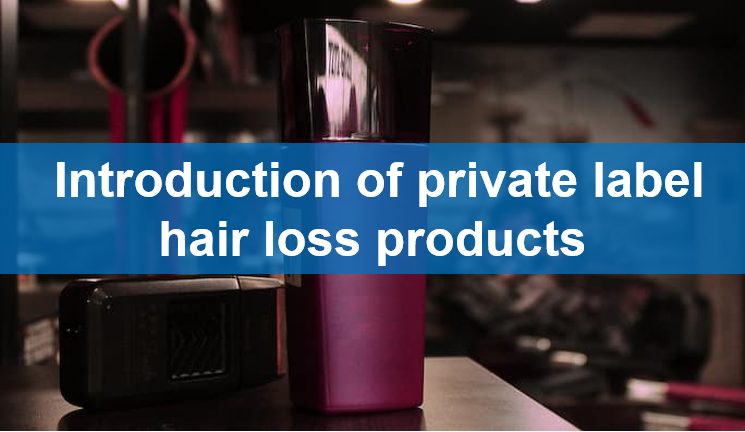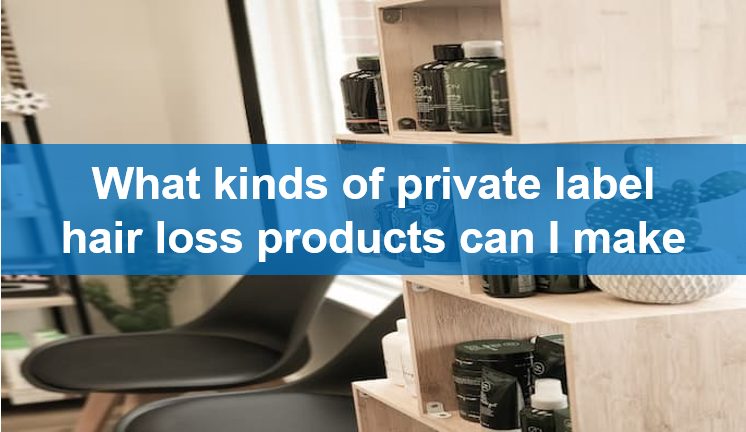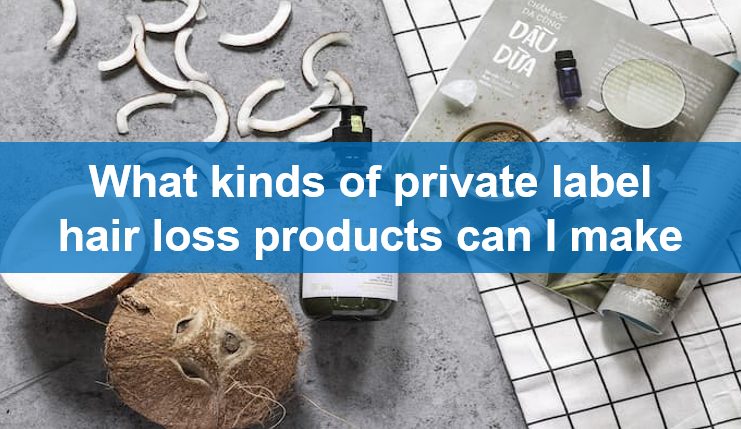
- HOME
- Cosmetic OEM Lab
I want to make private label hair loss products
What kind of ingredients are good for private label hair loss products
Is it difficult to make private label hair loss products
In the ever-evolving landscape of personal care and wellness, the market for hair loss solutions is expanding at an unprecedented pace. With an increasing number of individuals seeking treatments and remedies to combat hair thinning and loss, the demand for innovative and effective products is soaring. This surge presents a golden opportunity for brands looking to establish or expand their presence in the niche yet lucrative hair care sector through private label hair loss products. This article delves into the essentials of embarking on such a venture, from understanding the importance of ingredient selection to navigating the production complexities.
Contents

Venturing into the realm of private label hair loss products is a strategic move for businesses aiming to tap into a specialized market with a growing customer base. Private labeling allows for brand customization and differentiation, offering a unique selling proposition in a competitive market. By aligning with reputable manufacturers, brands can develop high-quality, effective products that meet consumer demands and preferences.
Selecting the right ingredients is crucial in formulating hair loss products that are not only safe but also effective. Ingredients should be chosen based on their proven benefits in promoting hair growth, strengthening hair follicles, and improving scalp health. Natural and organic components are particularly favored for their minimal side effects and compatibility with various hair types.
The process of developing private label hair loss products involves several steps, including research, formulation, testing, and manufacturing. While it may seem daunting, partnering with experienced manufacturers can streamline the process. These partners can offer invaluable insights into formulation, regulatory compliance, and market trends, making the journey from concept to product much smoother.

In this section, I will provide information on hair loss products, including their definition, profitability potential, and more.
Hair loss care encompasses a range of products and treatments designed to prevent hair thinning, promote hair growth, and maintain scalp health. These products address various causes of hair loss, including genetics, hormonal imbalances, stress, and nutritional deficiencies, providing targeted solutions to consumers.
Absolutely. The demand for hair loss care products is on the rise, driven by increasing awareness of hair health and the social implications of hair loss. This demand spans genders and ages, with a notable surge among younger consumers seeking early prevention measures.
Yes, the hair loss care market is both profitable and promising. With high consumer willingness to invest in effective solutions, brands can achieve significant margins, especially with products that demonstrate tangible results. Moreover, the repeat purchase rate is high, as hair care routines are integral to daily life, ensuring steady revenue.

There are many types of hair loss products, so let me provide you with some examples and their main characteristics. Having this information will enable you to decide which items you can pursue.
Hair growth serums and oils are popular for their ease of application and effectiveness in delivering concentrated ingredients directly to the scalp. These products can be formulated with a blend of essential oils and active ingredients to stimulate hair follicles and promote growth.
Shampoos and treatments designed for hair loss not only cleanse the scalp but also infuse it with growth-stimulating and follicle-strengthening ingredients. These products are daily essentials, making them a constant in consumer shopping lists.
Dietary supplements cater to the internal aspect of hair health, providing the body with the necessary nutrients to support hair growth and prevent loss. Ingredients like biotin, vitamins, and minerals are common in these supplements.

In the final phase, I will share some good ingredients for hair loss products. Each of them has its own strengths, so combining them could produce excellent products. Since there are already many hair loss care items in the market, it is important to use some unique ingredients as well.
Chaga extract is renowned for its antioxidant properties, which can protect hair follicles from environmental stressors, potentially preventing hair loss and promoting scalp health. As this ingredient is patented by our parent company, Svenson, we are the only ones who can use it. Since this ingredient is known for its superior effects compared to minoxidil, having it can differentiate your items from others.
Rich in fatty acids and vitamins, soybean oil can nourish the scalp and hair, improving texture and fostering an environment conducive to hair growth.
Known for its soothing and anti-inflammatory properties, chamomile extract can alleviate scalp irritation, a common hindrance to healthy hair growth.
Rosemary oil is celebrated for its ability to stimulate blood circulation to the scalp, enhancing nutrient delivery to hair follicles and encouraging growth.
Ginseng root extract is another potent ingredient that can fortify hair follicles and improve hair density, making it a valuable addition to hair loss products.

The journey into private label hair loss products offers an exciting opportunity for brands to make a mark in the personal care industry. By focusing on effective, high-quality formulations that address the diverse needs of consumers facing hair loss challenges, brands can build a loyal customer base and enjoy sustained growth. The key to success lies in understanding the market demand, selecting the right manufacturing partners, and committing to product excellence. With the right approach, private label hair loss products can be a significant revenue stream and a cornerstone of brand identity in the competitive landscape of personal care products.
For further information, please contact us.